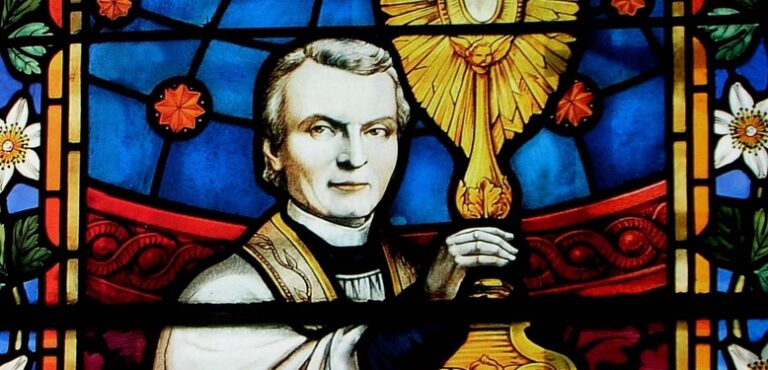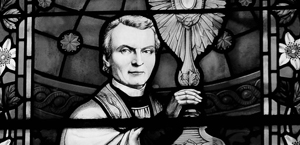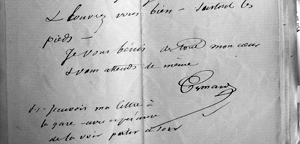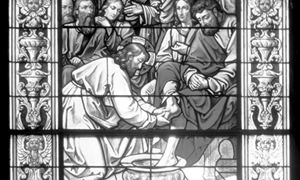Brothers and sisters: Owe nothing to anyone, except to love one another.
This succinct statement from the first reading today is probably easier to reflect on than the gospel statement of Jesus, stating that we cannot be his disciples without hating our family. “If anyone comes to me without hating his father and mother, wife and children, brothers and sisters, and even his own life, he cannot be my disciple.”
The statement from Romans goes on to conclude that “Love does no evil to the neighbor;
hence, love is the fulfillment of the law.” Paul is (as Jesus himself had also done) summing up the commandment that underlies all the others. What applied in the Old Testament is equally valid and vital in the Christian dispensation. We are all called to incarnate God’s love for us in the world in which we find ourselves.
What, then, are we to make of the statement of Jesus that we find in today’s gospel? The emphasis is on the radical concept of counting the cost of discipleship, emphasizing that true followers must love Jesus more than their families and possessions, embrace their personal “cross,” and surrender all aspects of their lives to Christ’s lordship. The message
encourages a deep, thoughtful commitment, not an easy one, urging listeners to weigh the
cost of discipleship, each of us carrying our own particular cross.
A second helpful observation: the use of “hate” reflects an idiom that comes from Hebrew. In Genesis 29:30-31, for example, we hear that Jacob loved Rachel more than Leah and that Leah was “hated” by him. Surely a bit of an exaggeration.
The question for each of us is, where is our primary allegiance: is it Christ, or anything or anyone else?
Let Us Pray:
O Jesus, may I love you before all things and above all things. Let me never put you second in my life, especially after your own willingness to die for me.








